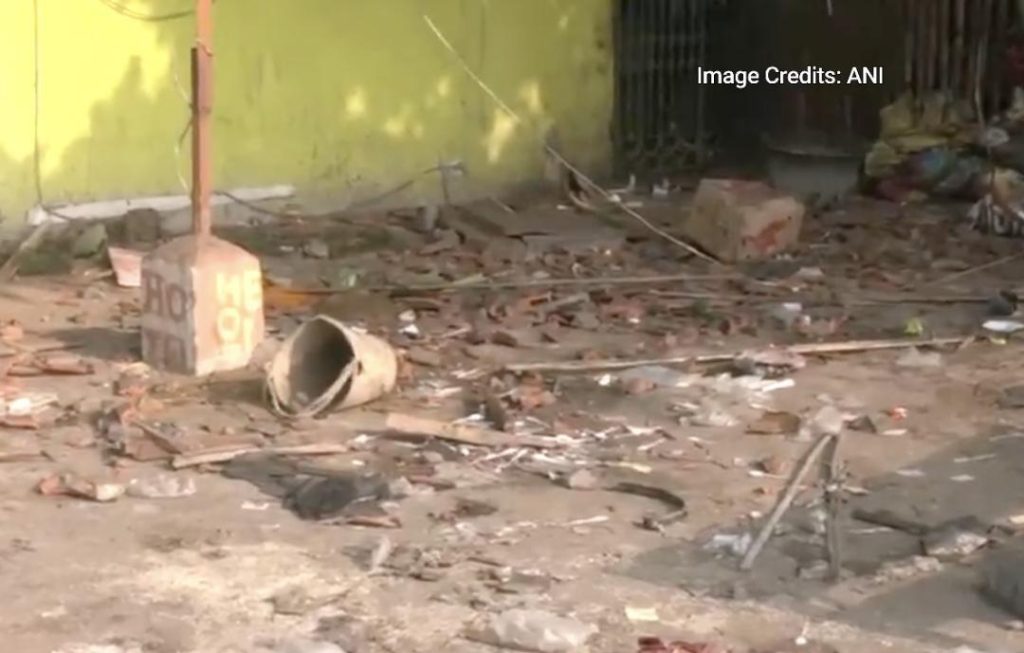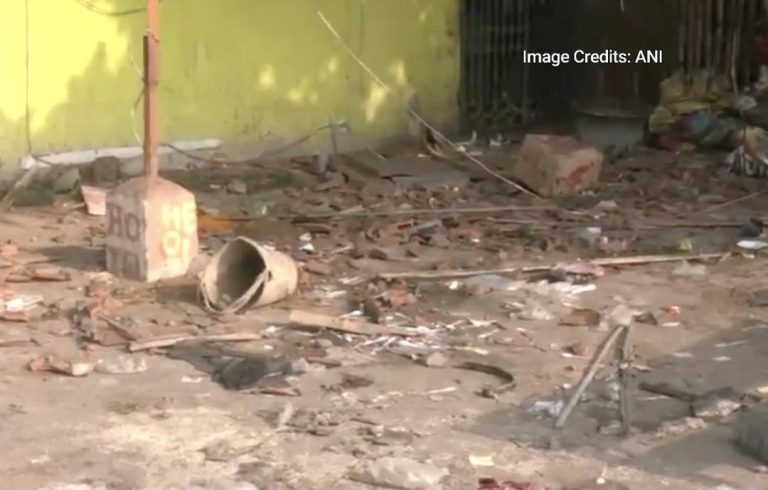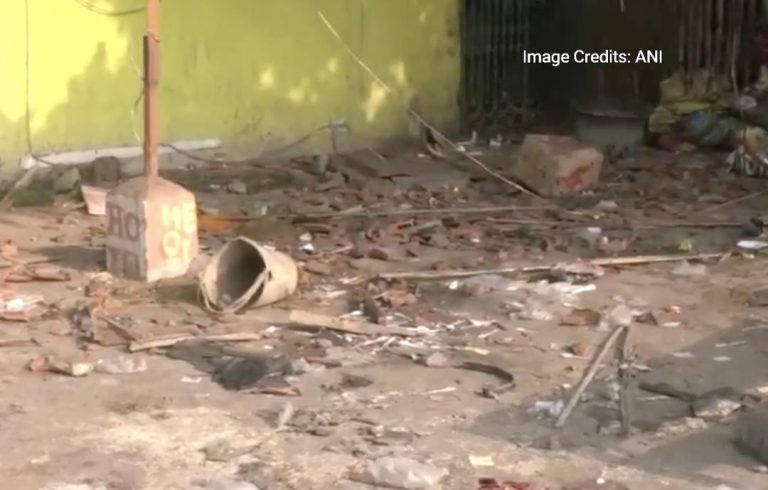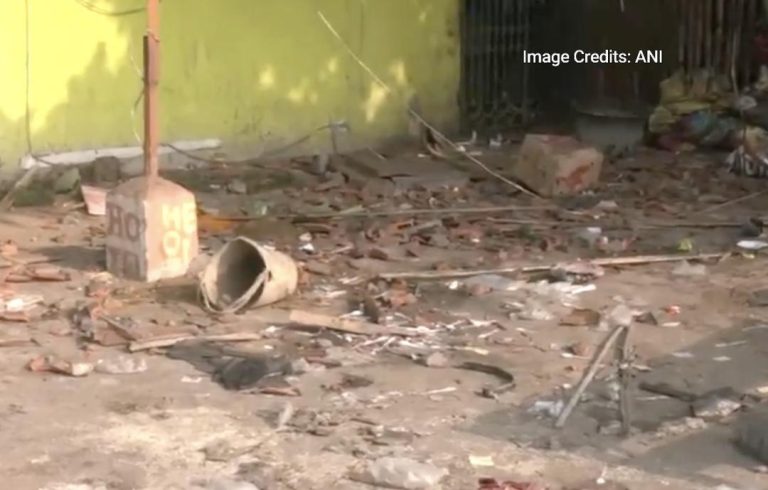
Title: 5,000 Disrupt Services & Pelt Stones at Bengal Railway Station during Protest against Waqf Act
In the midst of a heated protest against the Waqf Act in West Bengal, a significant disruption was witnessed at the Dhulianganga railway station on Friday. According to reports, nearly 5,000 people gathered at the station, causing a significant disruption to train services, including the Kamakhya-Puri Express.
The protest, which began in the afternoon, soon turned violent as the crowd started peltting stones at the railway station. The protesters, who were demonstrating against the Waqf Act, managed to disrupt the normal functioning of the railway station, causing significant inconvenience to passengers.
According to eyewitnesses, the mob gathered at the station around 1 pm and began pelting stones at the railway property. The protesters, who were demanding the repeal of the Waqf Act, were determined to make their voices heard, and their actions had a significant impact on the railway services.
“Many things were destroyed, and the signal couldn’t be passed,” said a guard at the station, who witnessed the chaos firsthand. The guard’s statement highlights the severity of the situation, which was caused by the violent protests.
The disruption caused by the protesters had a significant impact on the Kamakhya-Puri Express, which was unable to move from the station due to the chaos. The train, which is a major route for passengers traveling between Kamakhya and Puri, was stuck at the station for several hours, causing significant delays and inconvenience to passengers.
The incident is a stark reminder of the potential consequences of violent protests, which can cause significant disruption to essential services like rail transport. The protesters’ actions, while aimed at making their voices heard, have caused significant inconvenience to passengers and disrupted the normal functioning of the railway station.
The Waqf Act, which was introduced in 2013, aims to streamline the administration of Waqf properties, which are religious endowments dedicated to the maintenance of mosques, dargahs, and other religious institutions. However, the Act has been criticized by many, who claim that it gives too much power to the state government and undermines the autonomy of Waqf boards.
The protest against the Waqf Act is not the first of its kind in West Bengal, and it is likely that we will see more such protests in the future. The government will need to take steps to address the concerns of protesters and find a solution to the issue, which is causing widespread unrest in the state.
In conclusion, the disruption caused by the protesters at the Dhulianganga railway station is a stark reminder of the potential consequences of violent protests, which can cause significant disruption to essential services like rail transport. The protesters’ actions, while aimed at making their voices heard, have caused significant inconvenience to passengers and disrupted the normal functioning of the railway station. The government will need to take steps to address the concerns of protesters and find a solution to the issue, which is causing widespread unrest in the state.





